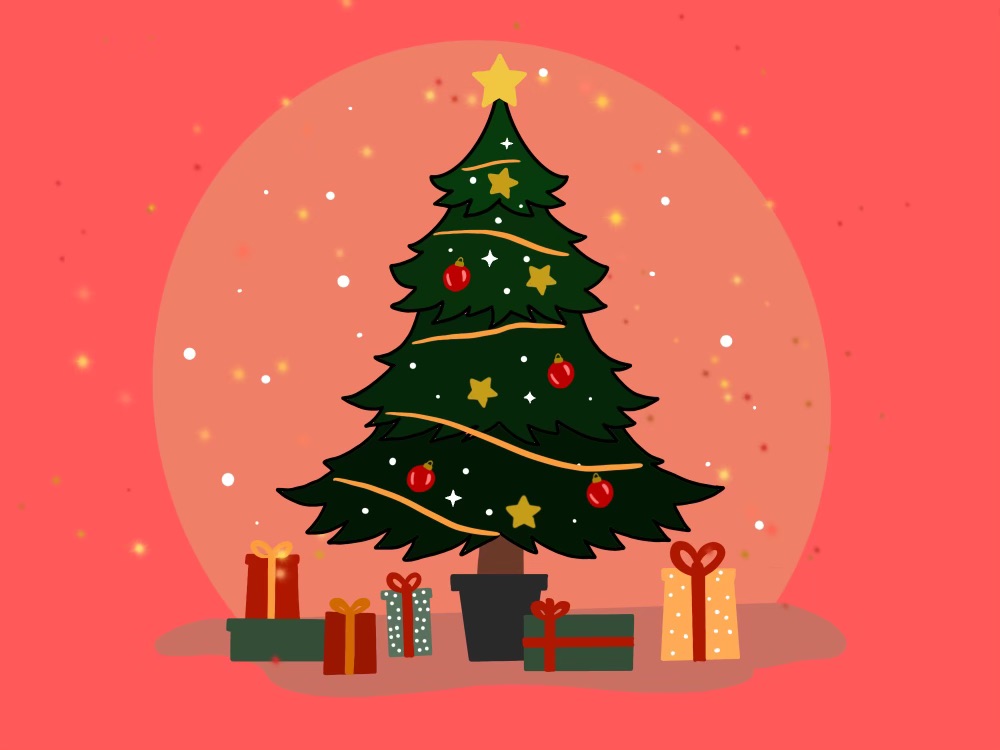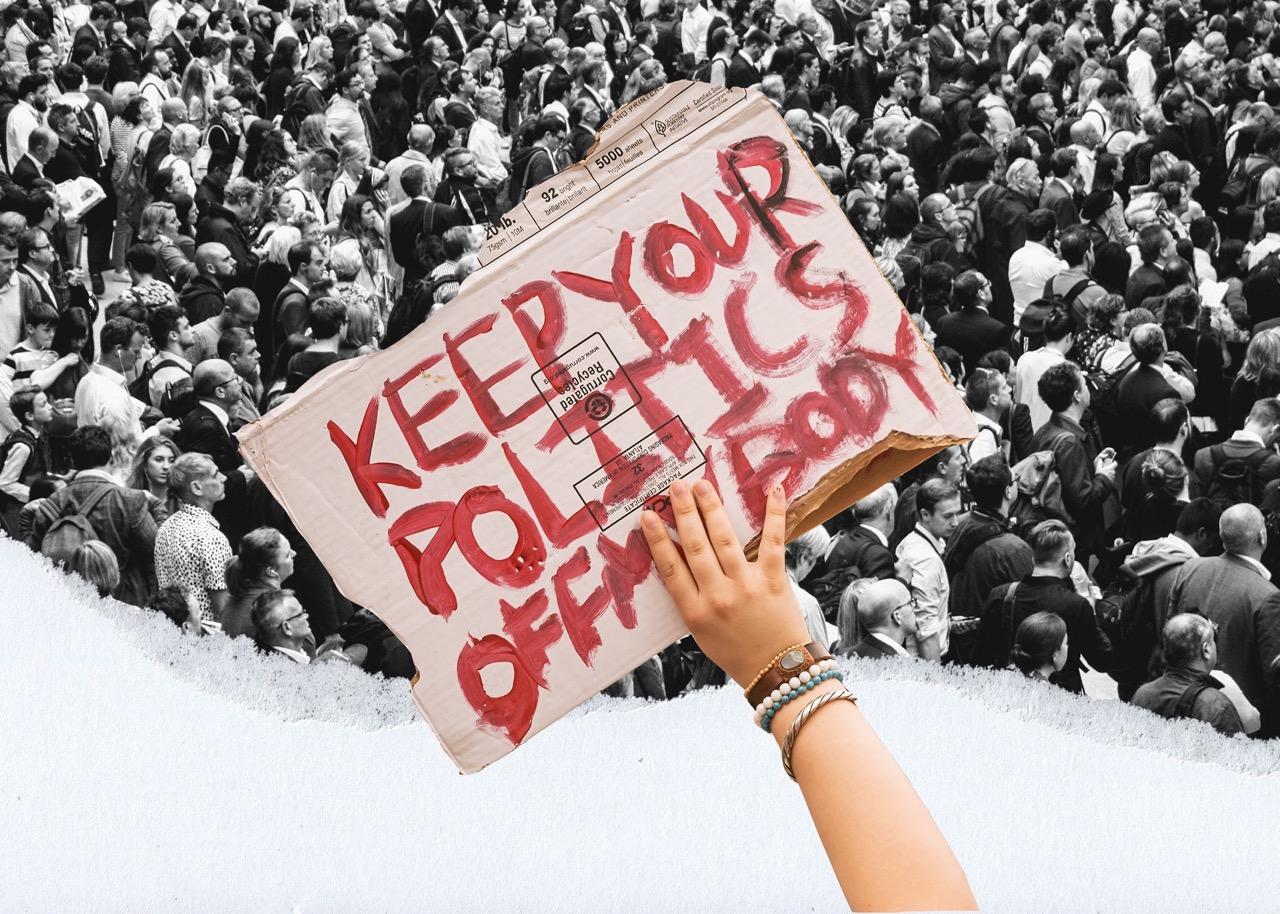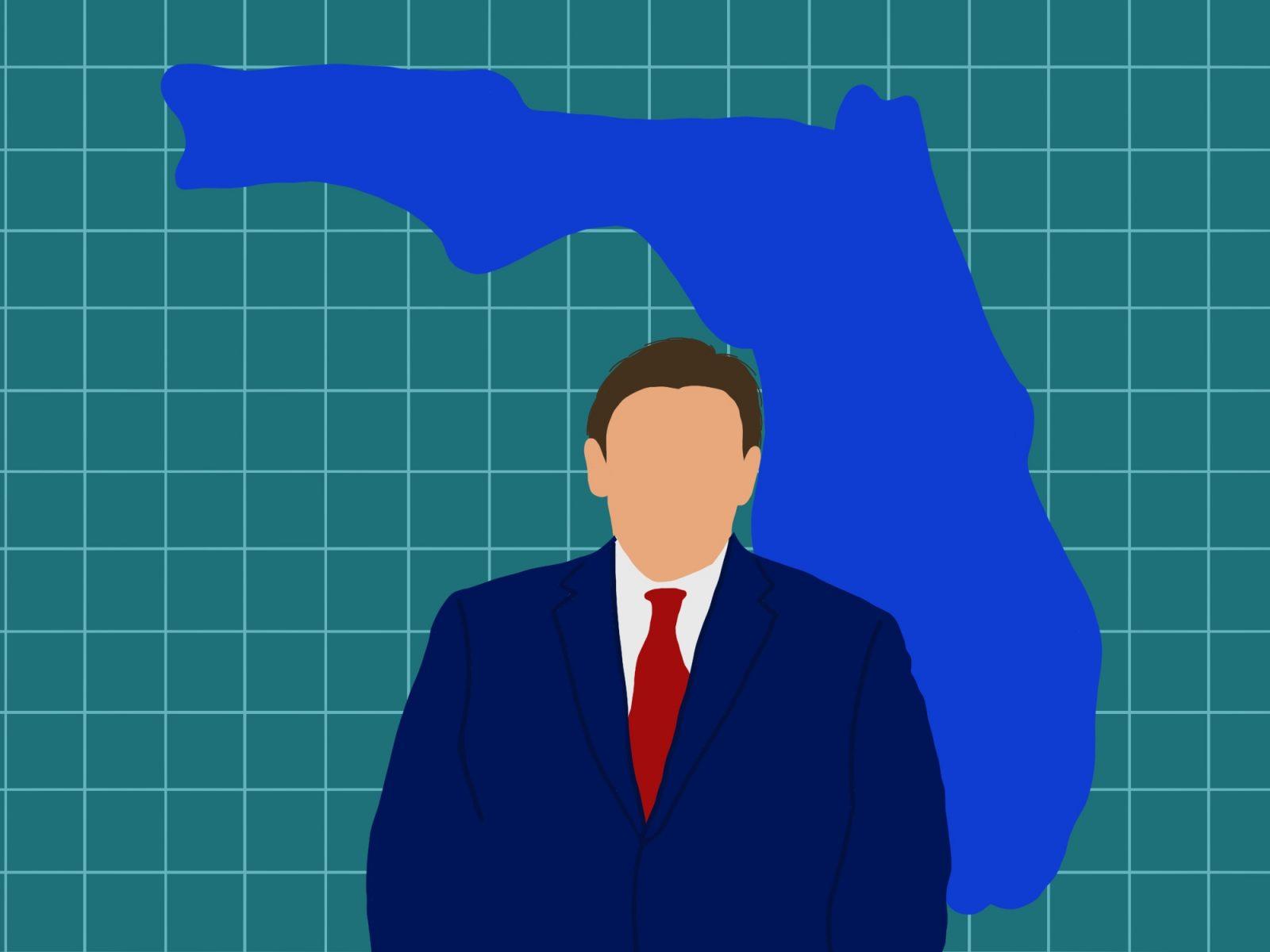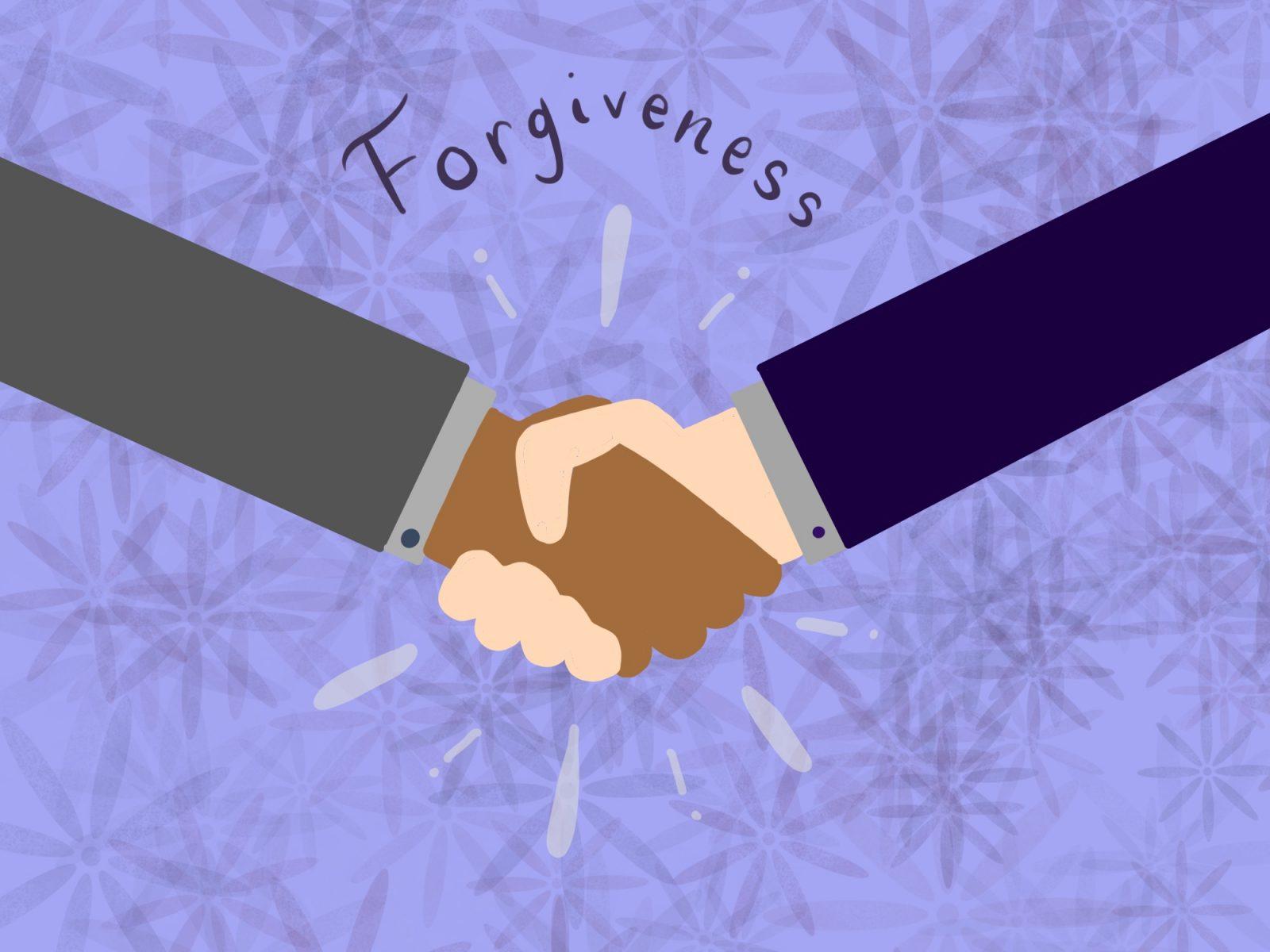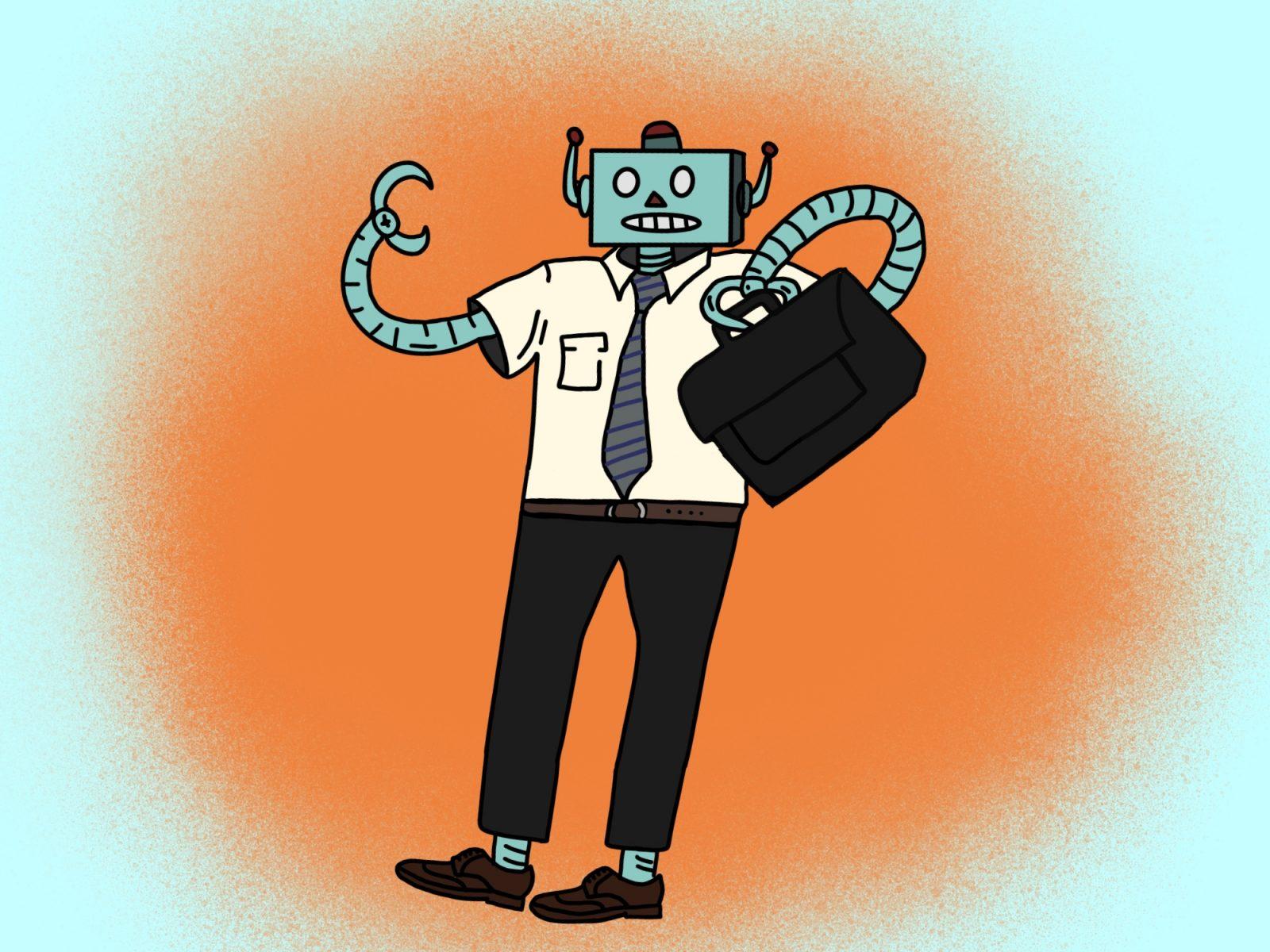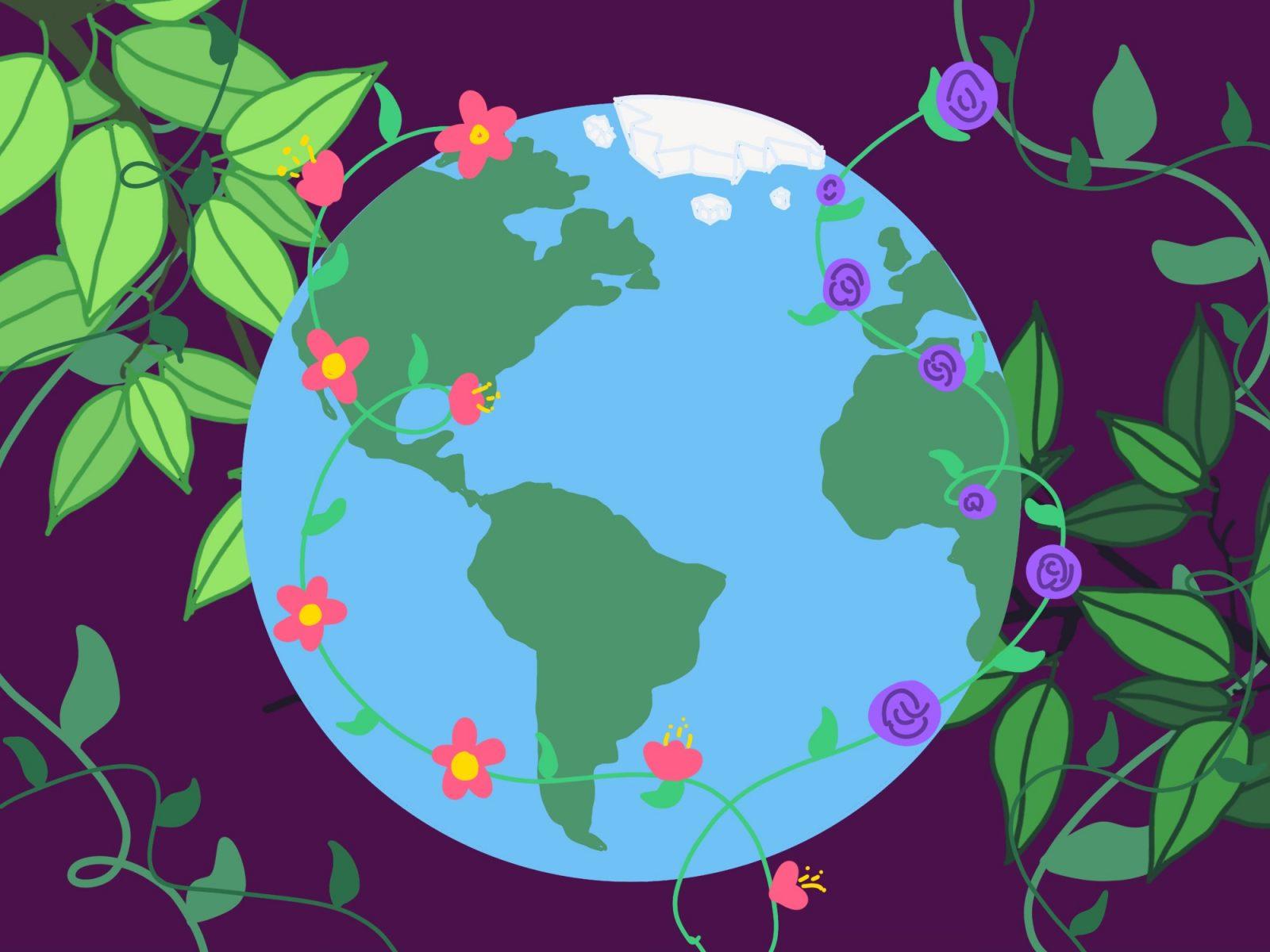Last Tuesday was a dim, murky day — one that I knew would change my life, but didn’t quite know how. The bus was packed with 20 nervous, eager twenty-somethings — undergraduates, law students, artists.
In conjunction with BU’s Race, Prison, Justice, Arts Project, we were heading towards a local carceral facility.
Emotions were running high. As we traipsed into the lobby, I saw all of us picking our nails, tapping our feet, rubbing our hands on our nice, pressed pants—no jeans allowed in the facility. While all of us were very progressive and abolitionist with regard to the American carceral system, it was still a jarring experience, made worse by the skulking presence of the guards and the frightening stereotypes running through our heads.
And then, about 45 minutes later, after placing folding chairs in a circle within the dull visiting room, we met the incarcerated folks.
I cannot even begin to express the shame I now feel for my initial anxiety and prejudices. The men I met were more respectful and kind than any of the guards, and more full of life and hope than many of my fellow college students.
We shared paintings, stories, raps. We laughed, cried, sang. Though most of them had experienced incredible suffering and injustice, the men I spoke with still had so much determination to sustain a beautiful, meaningful life.
I also learned such an important lesson, one I should’ve learned a long time ago: how dare I think or act as a leader in the field of decarceration—even if, as I hope, it becomes my career.
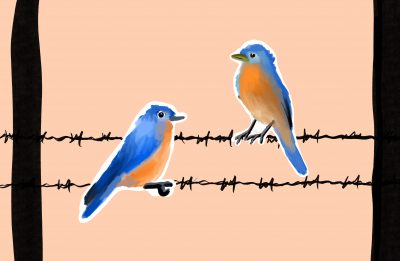
The people I met must be our teachers, our leaders, our voices in this fight to change the justice system. No matter how much I read or study, I will never know more than those who have been system-impacted, those who have had almost everything stolen from them and yet still have so much to give to the world.
Those of us who care about abolition and have not been incarcerated shouldn’t try to be their voice, but rather, their microphone.
We should use our privilege to amplify the stories and wisdom of those who are being held behind bars, not drown them out with our own answers. We also shouldn’t aim to “fix” or “rescue” incarcerated people.
There is little, if anything, that needs to be fixed about individuals who are locked up for “choices” brought about by neglect, poor education and the need to survive. There is everything to be fixed — or even better, gutted — about a system that criminalizes poverty, addiction and being a person of color.
Now, abolition is a hard sell, and I understand why. We feel it is human nature to punish and control. We also gasp at the possibility of letting dangerous criminals out into the world, possibly to harm others!
Except Donald Trump, the former President of the United States, was credibly accused of sexual assault or rape by at least 26 individuals. He was even caught on tape admitting to sexually grabbing women, and yet was elected to the highest office in the world a month later. Is he not a danger?
The U.S. incarcerates the most people of any other country on Earth, including despotic regimes like Iran and North Korea. We have the largest and most expensive police force in the world. We also have the most reported murders, reported rapes, car thefts, illegal drug use, and total crime of any nation on the planet. Punishment and control don’t seem to be working.
Under our current system, we choose to rip innocent people of color from their homes and families, like Kalief Browder, who was held on Rikers Island for three years for stealing a backpack — three years without a trial. He took his own life upon release. And we choose to allow rich, white criminals to run the world, like Rep. Matt Gaetz, who is alleged to have sex-trafficked teenage girls. He is still a lauded Congressman, and his trial will likely be dropped.
“We live under capitalism. Its power seems inescapable. So did the divine right of kings. Any human power can be resisted and changed by human beings,” author Ursula K. Le Guin wrote.
Now trade “capitalism” for “the U.S. carceral system.”
We must come to terms with the fact that our solutions to end crime are not solutions. All they do is disappear human beings from the world, hiding them so we don’t have to actually combat or even address racism, capitalism, school-to-prison pipelines and state violence.
Graffiti artists, weed smokers and petty thieves are not the problem — the politicians who sell weapons of war and Wall Street bankers who steal billions of dollars from the middle class are. Yet, as it stands, only the former get punished.






















































































































